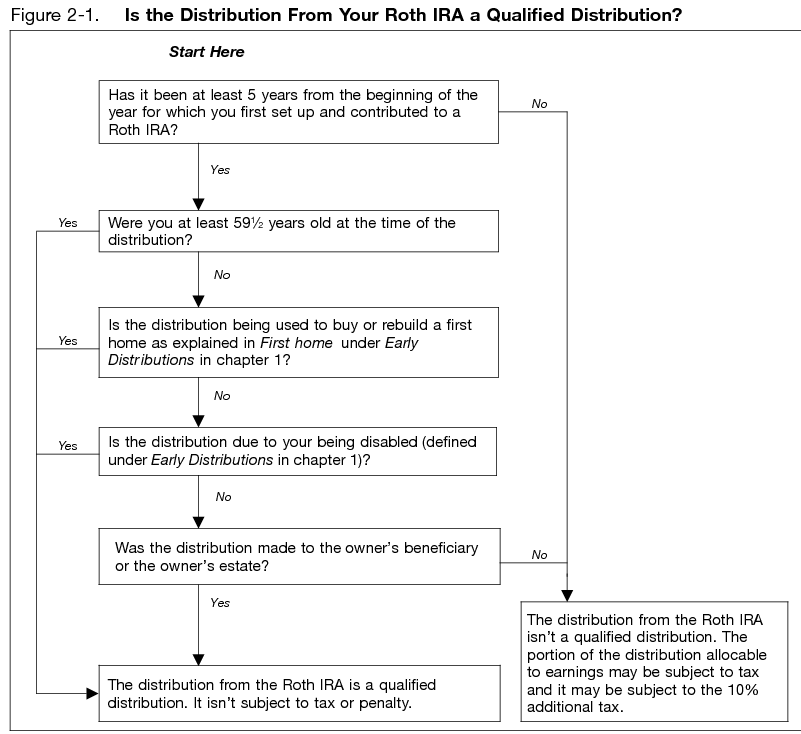mpeirce
Thinks s/he gets paid by the post
My understanding is that if you convert it into a roth account that has already met the 5 year test, and you are over 59 1/2, you do not have a waiting period on the conversion. Vanguard has indicated the same when answering my specific question about conversions. If this is not correct, it may affect the timing of conversions.
VW
This is what my CPA told me.
Because of this both DW and I did ROTH conversions the first year (to get both our clocks ticking). After that we've just been converting her IRA since she is already past 59 ½ and I'm not.



